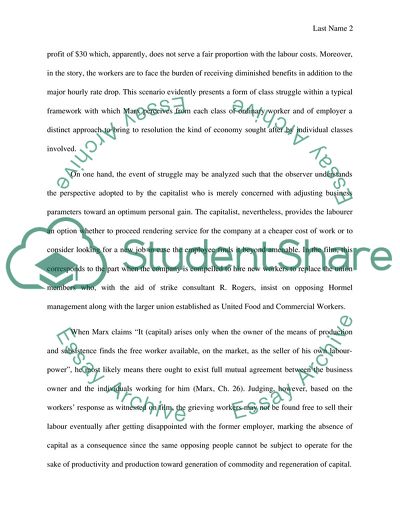Marxist Analys Essay Example | Topics and Well Written Essays - 500 words - 2. https://studentshare.org/macro-microeconomics/1774611-marxist-analys
Marxist Analys Essay Example | Topics and Well Written Essays - 500 Words - 2. https://studentshare.org/macro-microeconomics/1774611-marxist-analys.


